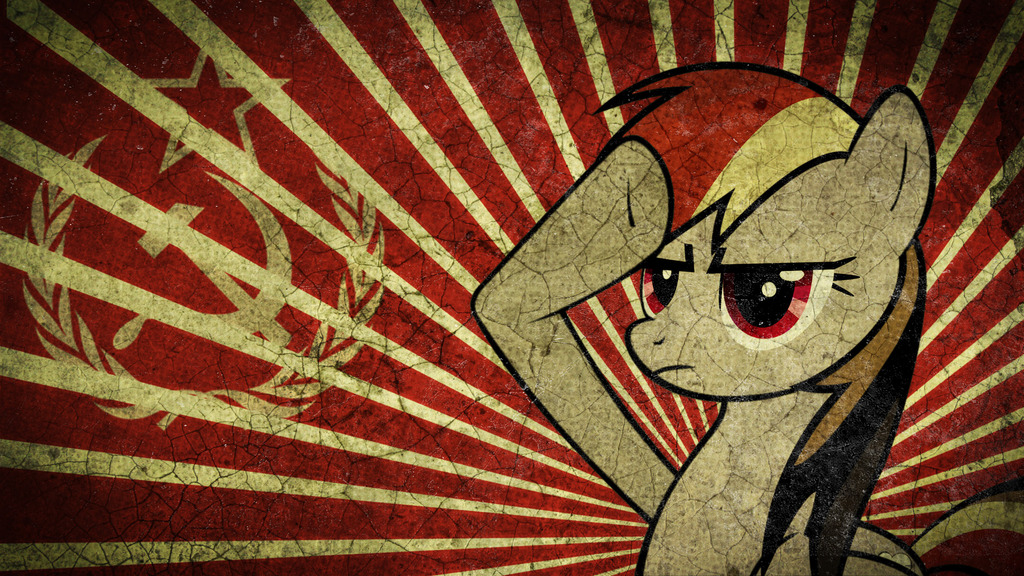There are several illustrations out there about the torture of people in Khmer Rouge prisons, including chopping people’s hands off.
This all started as a communist, or pseudo-communist revolution.
What the hell caused them to chop people’s hands off? Among all of the other horrifying things they did.
In modern times, I know very few that even rival all the brutality that this regime committed, not by death count but by the sheer inhumanity of the deaths.
I need a detailed explanation of all this.


The idea of understanding “why” people or groups commit atrocities is attractive, but unfortunately it can be hard to pinpoint a reason.
Excessive brutality in warfare has a long history. Few people realize that taking bodyparts of your enemy as trophies was common in WW2, american forces in the pacific did that a lot for example. The sheer hatred you may end up feeling for the enemy is enough to push you to do things you wouldn’t imagine, since brutalizing a corpse has a lot of meaning psychologically.
For what concerns “institutionalised” brutality, like in some comparable cases such as imperial japan’s treatment of China or the Belgian Congo, you have a combination of two factors:
I believe democratic Kampuchea sort of… adapted? those principles to a “communist” context. It was an agrarian movement that despised urbanites and urban life, due to a deep social divide. They were an extremely militant movement, and they were organized in local cadres who enjoyed a great level of autonomy (and thus impunity).
Yea American soldiers in the Pacific had at times made necklaces out of teeth or bones. I know that they were fighting Japanese Fascists, but still thats fucked up.